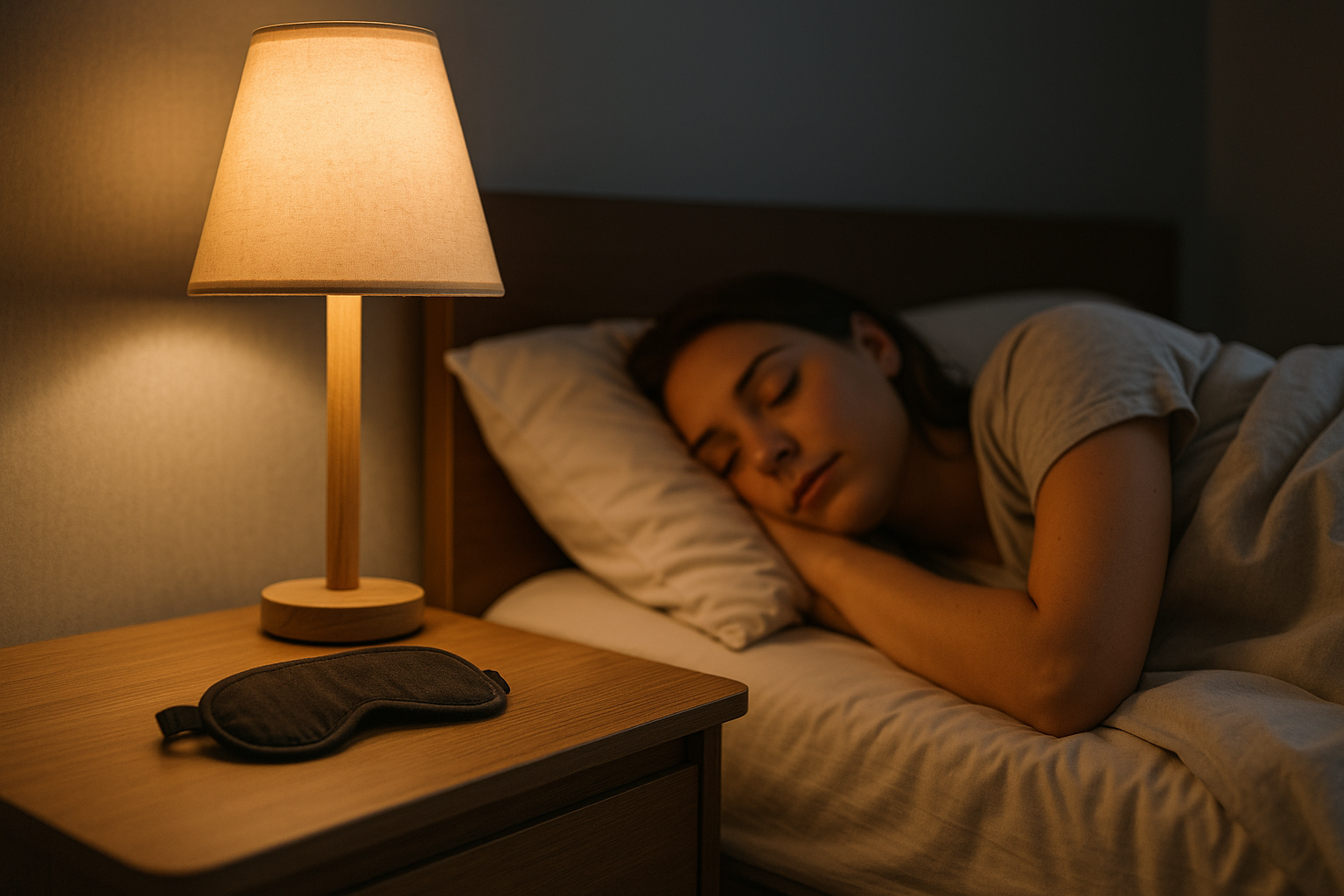In today’s fast‑paced world, sleep often takes a backseat to work, social media, and other demands. Yet research shows that insufficient rest costs the global economy hundreds of billions of dollars each year. Prioritizing importance of sleep isn’t a luxury—it’s an essential investment in productivity, health, and long‑term success. In this article, we explore the true cost of sleep deprivation and share science‑backed strategies on how to sleep better through improved sleep hygiene.
The High Price of Sleep Loss
Economic Impact
According to a study by the National Safety Council, workplace fatigue contributes to decreased performance, accidents, and health care costs—tallying up to an estimated $411 billion annually in the U.S. alone. Companies lose billions in lost productivity, while health care systems shoulder the burden of sleep‑related illnesses.
Health Consequences
Chronic sleep deprivation is linked to increased risk of obesity, heart disease, diabetes, and weakened immunity. These conditions not only diminish quality of life but also drive up medical expenses for individuals and employers, further amplifying the financial stakes of poor rest.
Why 7-8 Hours Is the Sweet Spot
The Science of Sleep Cycles
A typical night’s sleep cycles through stages—light, deep, and REM sleep—each playing a vital role in memory consolidation, cellular repair, and emotional regulation. Adults who average 7-8 hours per night tend to experience optimal cognitive function and mood stability.
Sleep and Success
Top performers across industries—from athletes to CEOs—routinely emphasize sleep as a cornerstone of achievement. Well‑rested individuals demonstrate better decision‑making, creative problem‑solving, and resilience under pressure, reinforcing the link between sleep and success.
How to Sleep Better: Practical Tips
Establish a Consistent Schedule
- Set a fixed bedtime and wake‑up time, even on weekends, to regulate your circadian rhythm.
- Avoid drastic changes that disrupt your body’s internal clock.
Create a Restful Environment
- Darkness: Use blackout curtains or an eye mask to block light.
- Cool temperature: Aim for 60–67°F (15–19°C).
- Quiet: Consider white noise machines or earplugs if ambient noise is disruptive.
Practice Good Sleep Hygiene
Sleep hygiene encompasses habits and routines that facilitate falling asleep and staying asleep. Key strategies include:
- Avoid caffeine and nicotine after mid‑afternoon.
- Limit alcohol intake, which can fragment sleep cycles.
- Wind down with a relaxing pre‑sleep ritual—reading, gentle stretching, or meditation.
Manage Screen Time
Blue light emitted from phones, tablets, and TVs suppresses melatonin production. To improve sleep quality, implement a “digital sunset” at least one hour before bed. If you must use devices, enable blue‑light filters or wear amber‑tinted glasses.
Advanced Strategies for Deep Rest
Mindful Relaxation Techniques
Practices like progressive muscle relaxation, guided imagery, or deep breathing exercises can calm the nervous system. Apps and online resources offer step‑by‑step sessions designed to help you unwind and drift into restorative sleep.
Nutrition and Supplements
Certain foods and nutrients support melatonin and serotonin production—key hormones for sleep regulation. Consider:
- Tart cherry juice or magnesium supplements (after consulting a health professional).
- A light snack combining complex carbohydrates and protein, such as whole‑grain crackers with almond butter.
Physical Activity
Regular exercise promotes deeper sleep, but timing matters. Aim to finish vigorous workouts at least 3–4 hours before bedtime to avoid overstimulation.
Measuring and Tracking Your Progress
Use Sleep Journals and Apps
Recording your bedtime habits, mood, and sleep duration can help identify patterns and areas for improvement. Wearable devices and smartphone apps can supplement self‑reports with objective data on sleep stages and disruptions.
Set Realistic Goals
If you currently average 5–6 hours of sleep, aim to increase by 15–30 minutes per week until you consistently hit 7–8 hours. Small, incremental changes are more sustainable than drastic overhauls.
Conclusion
Understanding the importance of sleep is the first step toward safeguarding your health, productivity, and bottom line. By applying science‑based tips on how to sleep better and maintaining disciplined sleep hygiene, you can improve sleep quality and unlock the full potential of rest. Remember: investing in quality sleep isn’t a convenience—it’s a critical, non‑negotiable asset on the path to personal and professional success.
